A new research has indicated that the British Muslim vote may be key in most swing districts across the nation.
The Henry Jackson Society (HJS), a think tank, reports that Islam is the predominant minority religion in 129 of the 220 most marginal seats in the general election (58.6%).
Hinduism, which is practiced in 23 marginal seats (10.5%), is the second most common minority religion. Sikhism is practiced in six marginal seats (2.7%), and Judaism is practiced in three (1.4%).
The swing seats were identified by the political consultancy Electoral Calculus, which defines a marginal seat as one where the margin of victory is expected to be 10 per cent or less. The 220 marginal seats at the general election make up a third (33.8 per cent) of all available seats.
Martin Baxter, chief executive of Electoral Calculus, said that the results of their most recent MRP poll with Savanta found that religion is a “significant factor” in how people vote.
“It is not the biggest factor in voting patterns, but there is a measurable correlation between someone’s religion and the way they vote,” he said. “It is one of the several things that influence people’s vote.”
Mr Baxter added that other factors include age, education level, ethnicity, social class and previous voting pattern in elections and the EU referendum.
In the local elections earlier this year, dozens of candidates around the country ran on a Gaza ticket and defeated their Labour rivals.
Across the country, Labour votes plummeted in areas with a high Muslim population including Blackburn, Bradford, Pendle, Oldham and Manchester, where support for Sir Keir Starmer’s party dropped by an average of 25 points.
In Pendle, wards with Muslim populations higher than 10 per cent saw Labour support decline, on average, by 43 per cent. Meanwhile, those with smaller populations saw support surge by 15 per cent.
In Blackburn, support in those Muslim areas fell by 35 per cent. Across all five areas, Muslim areas dropped support by at least 12 per cent.
Several Labour candidates – including shadow cabinet minister Stephen Morgan – have promoted leaflets on social media, designed in the colours of the Palestinian flag, with their position on the Gaza conflict.
The leaflets, created by Labour Friends of Palestine and the Middle East, pledge MPs’ support for various causes including an immediate ceasefire, Palestinian statehood, getting aid into Gaza and releasing hostages.
Other Labour candidates to have shared the leaflets include those on the Left of the party, including Kate Osborne, Kim Johnson and Sarah Owen.
Alan Mendoza, executive director of HJS, said: “The first thing to note is that we cannot assume by any means that all members of a particular religion will vote in the same way. All of our religions are very diverse communities with very different backgrounds.”
He pointed to the organisation Muslim Vote, which encourages British Muslims to vote for specific candidates it has approved. The website declares that this election “signals a shift for Muslims – no more political apathy”.
It goes on to say: “We will no longer tolerate being taken for granted. We are a powerful, united force of 4 million acting in unison. We are focused on seats where the Muslim vote can influence the outcome. We are here for the long term. In 2024, we will lay the foundations for our community’s political future.”
“If this proves to be a path we see voters going down, it will hail the beginning of a dangerous sectarianism in British politics. In the local elections, it was clear that in Labour-held seats with large Muslim populations, the Labour vote fell substantially.”
The Muslim Vote campaign group was established in response to the war in Gaza and the Labour Party’s decision not to oppose Israel’s military response to Oct 7 from the start.
It is aiming to make sure Britain’s 3.9 million Muslims turn out on polling day and vote for their approved candidates, putting pressure on Keir Starmer to adopt The Muslim Vote’s 18 demands.
These include immediately recognising Palestine as a state, cutting military ties with Israel and investing seven per cent of public pensions in “ethical and Islamic funds”.
Fiyaz Mughal, founder of the charity Tell Mama which counters anti-Muslim hate, claimed that the Muslim Vote website is “highly divisive”.
While there is no “block voting” along religious lines in the UK, he said he believes a “handful” of seats could be affected.
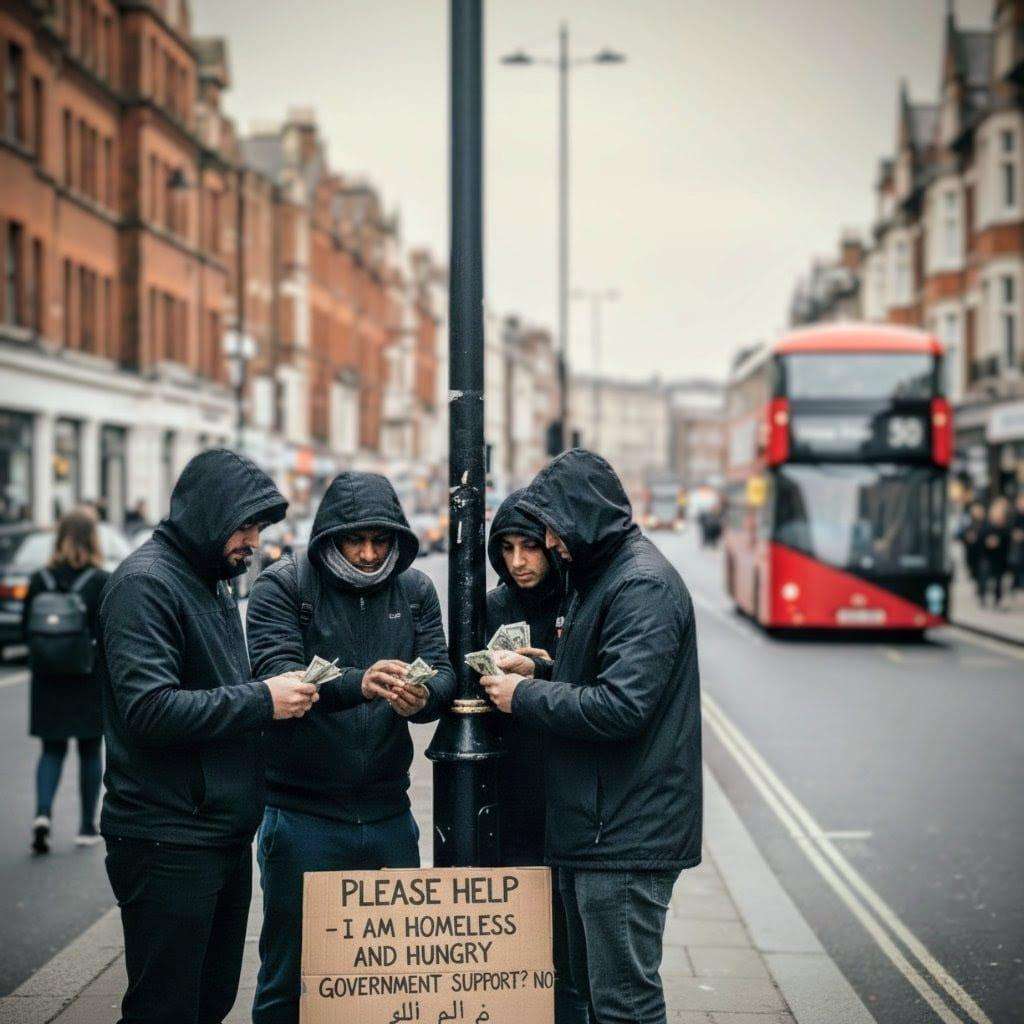
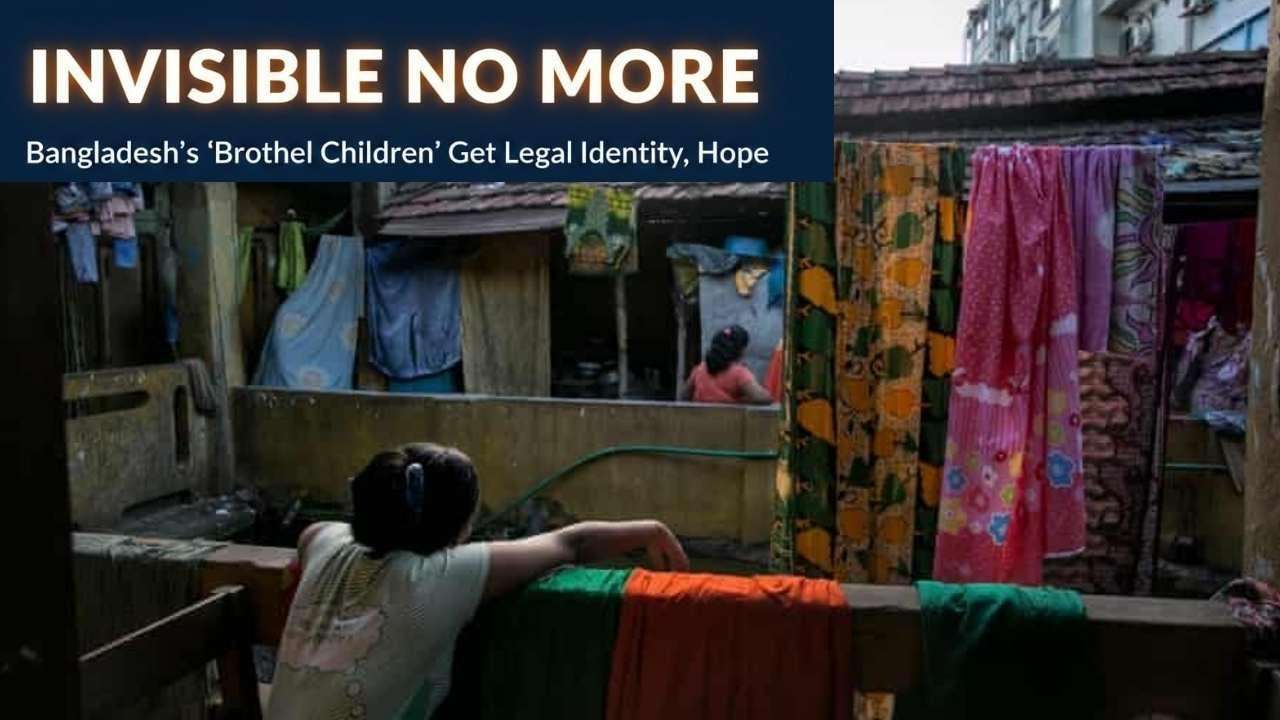
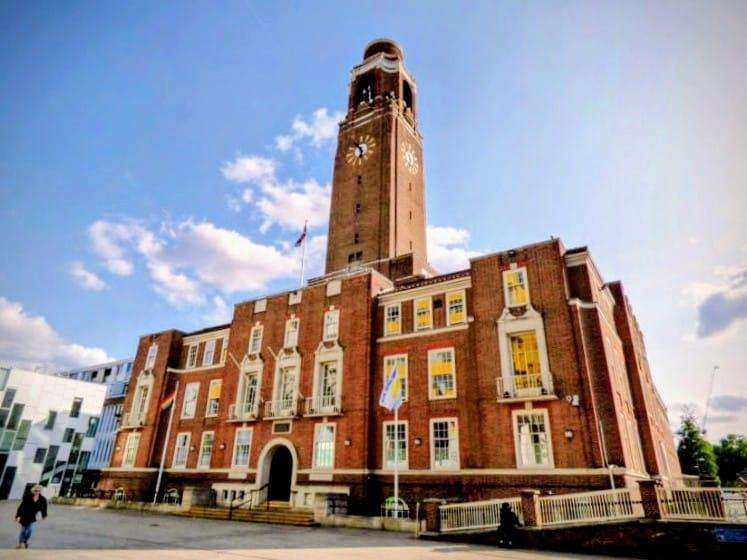
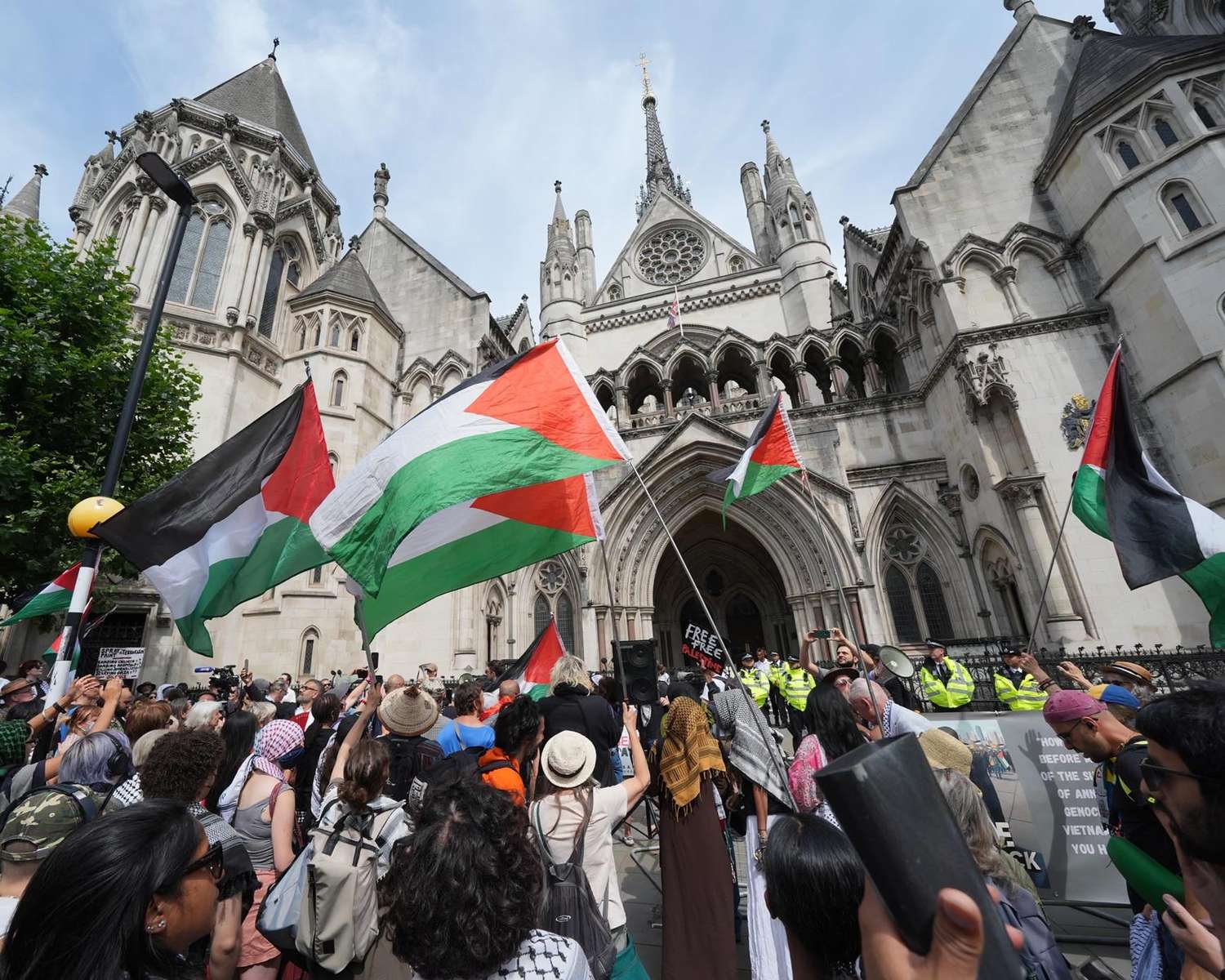
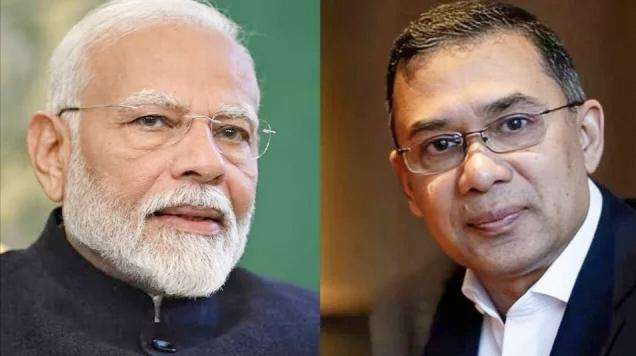


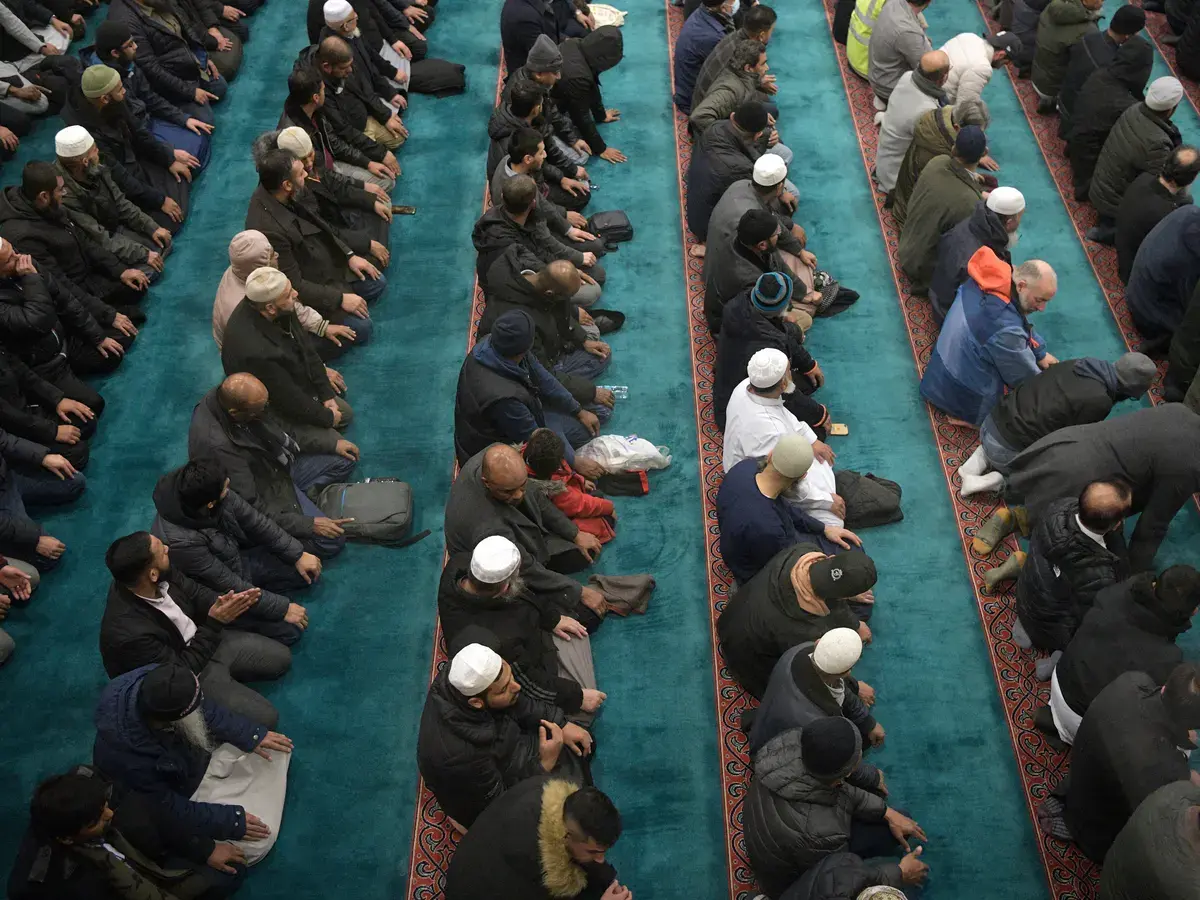
.svg)
